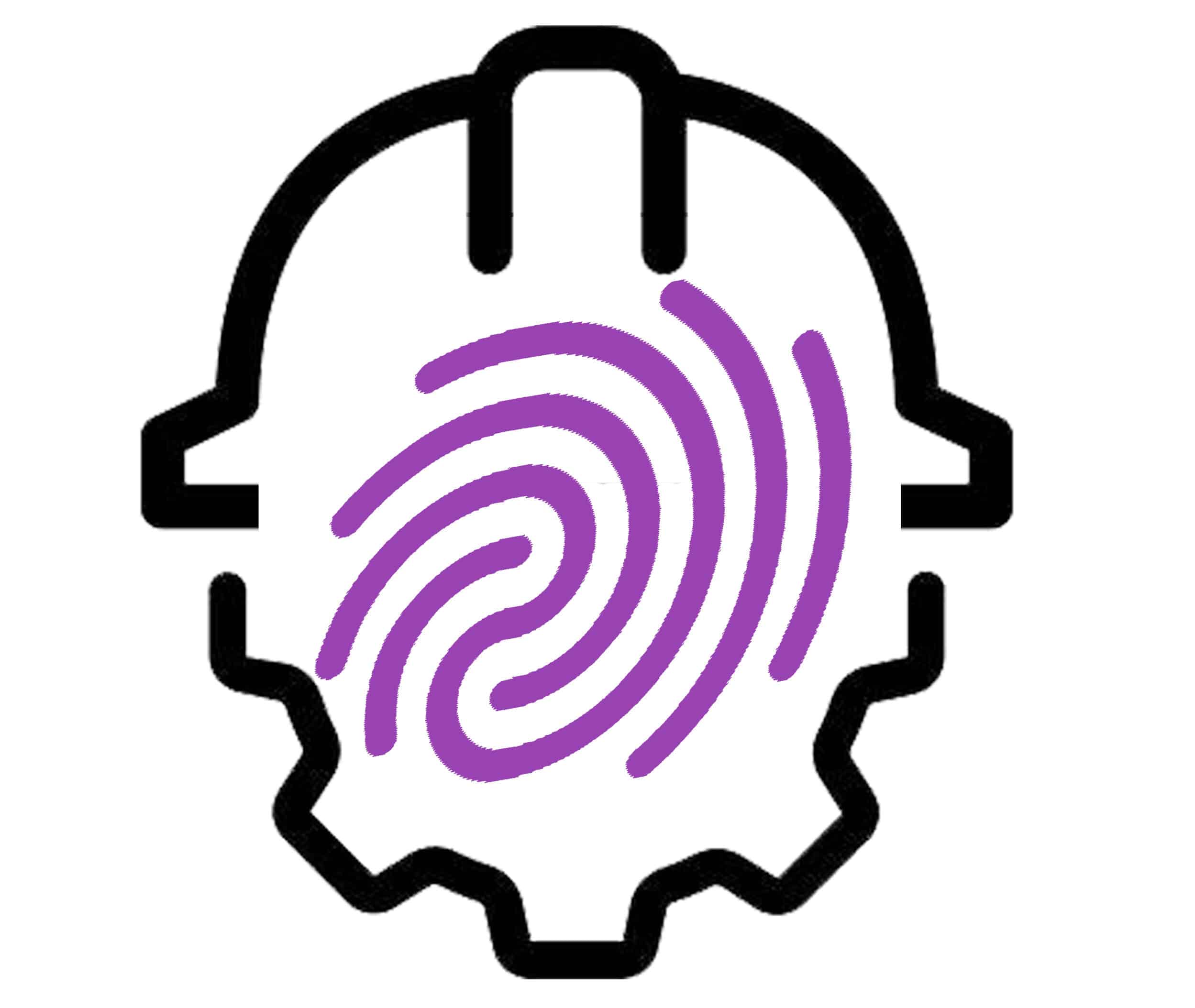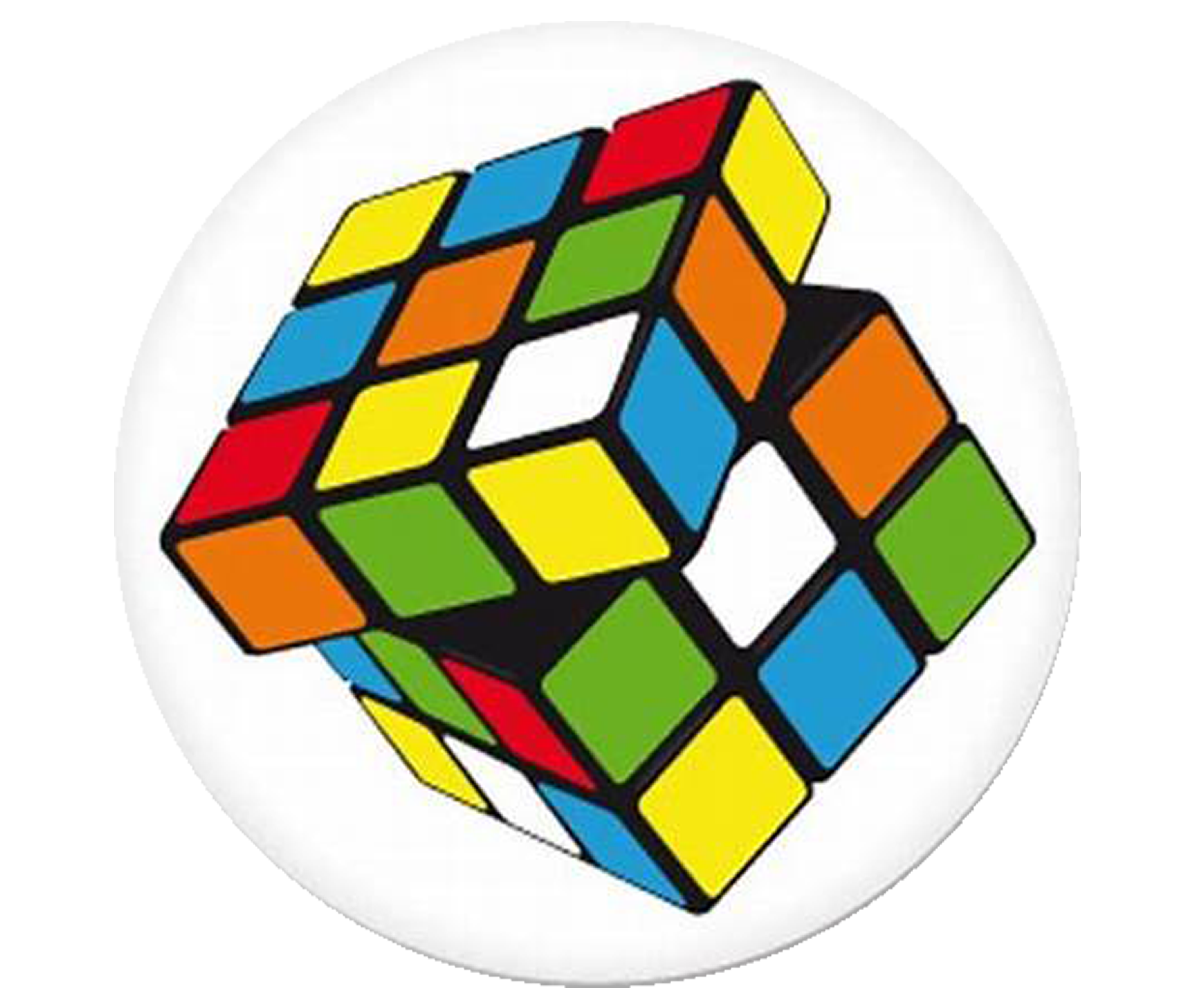?Are Thinking Games Useful or Useful
Am I a kid to play?
That’s the question we hear when we ask people to play intellectual games.
The question that arises here is, is it related to age? And what are the benefits of these games for us? Do you think that if I wander around social media or watch movies in front of the TV during my break, would it be more beneficial for us or playing mind games? Thinking games have different types. Some only involve the mind and others strengthen the mind and body. In this article, I’d like to talk to you about some of the brain’s intellectual games and their importance and impact on the brain. These effects are beneficial and proven for anyone of any age and circumstance.
A lot of research has been done on the useful results of intellectual games. According to these studies, thought play in children increases performance speed, problem-solving ability and brain activity, and in adults, studies have concluded that people aged 60 to 80 years who have undergone thought games training improve their memory, especially short-term memory. Strengthening memory has many effects on the individual, for example in cognitive skills, reading comprehension, and visual skills. When these skills improve, we can most certainly make the best decisions and do the right thing. We can do our job in such a way as to minimize damage to ourselves, equipment and colleagues. Costs related to occupational illnesses and work-related accidents will also be reduced and safety will be improved for ourselves, those around us and society. Intellectual games serve as a fountain of youth for the gray matter of our brains, improving the speed of functioning in childhood, youth and adulthood.
In general, it can be said that intellectual games will have beneficial and positive effects for everyone. With the above explanation, I would like to talk about the benefits of the games we have put on this page and highlight the importance of each one with a few examples.
– Maze Game:
Improve distractions, increase concentration and concentration, improve thinking and problem solving skills, visual integration, stimulate memory and creativity, increase patience
– Puzzle Game:
Increased patience, attention and attention – memory enhancement – mental imagery – cultivating imagination – dopamine (feeling successful and self-satisfied)
– Sudoku game:
Strengthening brain cells – Strengthening memory – Improving thinking skills – Reducing Alzheimer’s disease – Keeping the mind alert – Strengthening energy and relaxation – Developing patience and concentration
– Chess:
Enhancing brain development – Involvement of two hemispheres of the brain – Learning to think far-sightedly – Improving brain function after a stroke – Strengthening concentration and relaxation – Helping to treat schizophrenia
– Rubik’s game:
Improving eye coordination – increasing concentration and attention – increasing thinking speed – teaching division of tasks – reducing dementia – strengthening long-term and short-term memory
– tic-tac-toe:
Increasing the speed of thinking – increasing faster reactions – strengthening independence skills – strengthening and increasing reasoning – strengthening problem solving – strengthening intelligence – increasing decision-making power
These physical and virtual games allow us to enjoy our time and increase our brain function during rest and recreation. I suggest that you spend time playing the said games every day and you will be amazed at the results.






